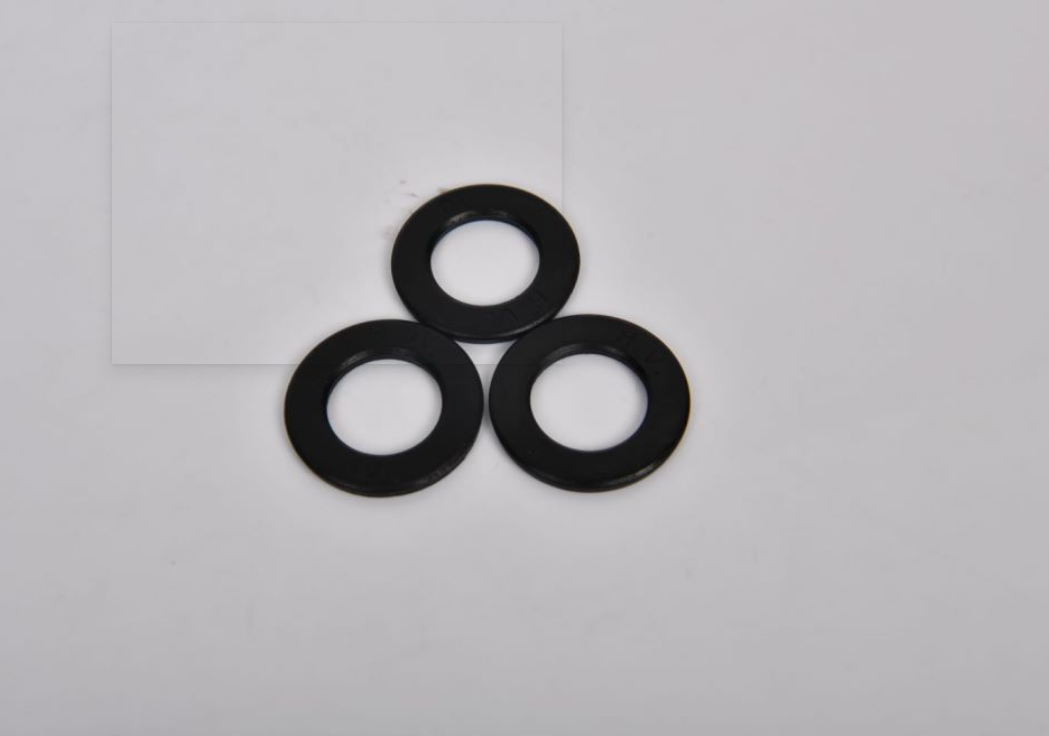spring washer material
Understanding Spring Washer Materials and Their Applications
Spring washers are mechanical components widely used in various applications to provide flexibility and elasticity in fastenings. They are designed to ensure that bolted connections remain tight despite changes in conditions such as vibration, thermal expansion, and material fatigue. Selecting the right material for spring washers is crucial as it directly affects their performance, durability, and overall effectiveness.
Types of Materials Used for Spring Washers
Spring washers can be manufactured from various materials, with each offering distinct advantages depending on the application. The following are some common materials used in the production of spring washers
1. Carbon Steel Carbon steel is one of the most commonly used materials for spring washers due to its excellent strength and mechanical properties. It can be treated and coated to enhance its corrosion resistance. The low cost of carbon steel makes it a popular choice in many industries, particularly in automotive and industrial applications. However, without proper treatment, carbon steel can be prone to rust and degradation over time.
2. Stainless Steel Stainless steel spring washers are favored in environments where corrosion resistance is critical. They perform well in harsh conditions and are often used in applications such as marine, chemical, and food processing. Stainless steel offers high strength and a bright finish, making it an aesthetically pleasing choice for visible components. Common grades include 304 and 316, with 316 offering superior corrosion resistance due to the presence of molybdenum.
3. Alloy Steel Alloy steels are used for applications that require enhanced strength and durability. By adding elements such as nickel, chromium, and vanadium, alloy steels achieve higher hardness and tensile strength compared to standard carbon steels. This makes them suitable for heavy machinery and high-load applications where increased fatigue resistance is necessary.
4. Bronze and Brass Bronze and brass washers have excellent anti-corrosive properties and are used primarily in electrical applications due to their good conductivity. They are also suitable for applications where aesthetic appearance is important. However, they are generally not as strong as steel-based options, so careful consideration is needed when selecting these materials for high-strength applications.
5. Plastic and Composite Materials Specialized applications may require spring washers made from plastic or composite materials. These materials are lightweight, resist corrosion, and can handle chemical exposure. They are often used in electronics and automotive components but generally do not provide the same level of strength as their metal counterparts.
spring washer material

Choosing the Right Material for Your Application
When selecting a spring washer material, several factors must be considered
- Environmental Conditions Analyze the environment in which the washers will operate. Factors such as exposure to moisture, chemicals, or extreme temperatures play a significant role in material selection. For example, stainless steel is preferred in corrosive environments, while carbon steel might be suitable for indoor applications.
- Mechanical Properties Consider the mechanical stresses the washer will encounter. If high tensile strength and fatigue resistance are needed, alloy steel or hardened carbon steel may be the best choice.
- Cost Considerations Budget constraints can influence material selection. While stainless steel and specialty alloys provide superior performance, they may also be more expensive than standard carbon steel.
- Application Specifics Factors such as size, shape, and the specific requirements of your application will determine the optimal material choice. For example, in applications with electrical components, non-metallic washers may be essential to prevent short circuits.
Conclusion
In conclusion, the selection of materials for spring washers is critical to ensure the longevity and reliability of mechanical connections. Each material comes with its own set of advantages and limitations, making it essential to consider the specific application requirements. By understanding the properties of different materials, engineers and designers can make informed choices that lead to enhanced performance and reduced maintenance costs in their engineering designs. Whether using carbon steel, stainless steel, alloy steel, bronze, or plastics, the right material selection will contribute significantly to the overall success of the project.
-
Top Choices for Plasterboard FixingNewsDec.26,2024
-
The Versatility of Specialty WashersNewsDec.26,2024
-
Secure Your ProjectsNewsDec.26,2024
-
Essential Screws for Chipboard Flooring ProjectsNewsDec.26,2024
-
Choosing the Right Drywall ScrewsNewsDec.26,2024
-
Black Phosphate Screws for Superior PerformanceNewsDec.26,2024
-
The Versatile Choice of Nylon Flat Washers for Your NeedsNewsDec.18,2024










